Informed Opinion
Gamifying Pressing Pause and Asking Powerful Questions in the Classroom
In our blog post, “Teachers Never Have Enough Time: 3 Reasons You Should Prioritize Pressing Pause During Your Instruction”, we talked about the importance of pressing pause to ask thinkers about their gut reactions and have them consider what questions they need to ask. This strategy is quick, simple, and powerful. Pressing pause is a vital real-world skill. But we also want to prioritize mandating joy in our classrooms, so here is a way to practice this skill while having fun!
At thinkLaw we like to play a game called “Informed Opinion.”
How it Works
To play Informed Opinion, thinkers are divided into small groups. Each group is given a pile of cards. Each card contains a real-life headline. Some example headlines are:
- How TikTok Reads Your Mind
- Southwest Airlines Passenger Opened a Galley Door and Jumped Out of a Plane While it Was Taxiing
- “Baby Dragons” Found Deep Under Europe
The group draws a headline from the pile and a thinker reads it aloud to the group. Going clockwise, each player states one question they would ask to form an informed opinion of the situation that is presented on the card. For example:
Student 1: Reads: “Southwest Airlines Passenger Opened a Galley Door and Jumped Out of a Plane While it Was Taxiing”.
Student 2: Why did the passenger jump out of the plane?
Student 3: Was the plane landing or taking off?
Student 4: Why was the passenger able to open the door? Was it not locked?
Student 1: Is that illegal?
Student 2: If it is illegal, would the passenger be in trouble if it were an emergency?
The round ends when a thinker cannot think of a relevant question to ask within 5 seconds of their turn. The person that stops the questions loses the round and collects the card. The player with the least number of cards at the end wins.
Why it Works
During Informed Opinion games, thinkers are so engaged they do not even realize how much powerful critical thinking they are doing! For example:
- Thinkers are actively listening to their peers and brainstorming additional questions based off their classmates’ questions. In our example, student 1 asked, “Is that illegal?” which prompted student 2 to ask, “If it is illegal, would the passenger be in trouble if it was an emergency?” Even though thinkers are in competition, they are also thinking collaboratively. We are always better when we can put our heads together.
- Thinkers begin to look at headlines from multiple perspectives. Consider this line of questions from the airplane example:
- How did the other passengers feel when someone jumped out of the plane?
- How did the flight attendants feel?
- Will the flight attendants get in trouble?
- How did the pilots feel?
- Have the flight attendants and pilots been trained on how to handle this type of situation?
The ability to put yourself someone else’s shoes to experience a conflict from their point of view is the essence of empathy. This game becomes a quick and uncomplicated way to incorporate social emotional learning into an academic exercise.
Want to mix it up?
You can play a variation of Informed Opinion with social situations instead of headlines. This variation works well for morning meetings in elementary school or advisory periods in upper grades.
To play, ask your thinkers, “If you encounter one of these situations, what questions do you need to ask?” Sample situations may include:
- Javier looks like he has been crying.
- Katie is yawning a lot.
- Colin is laughing uncontrollably.
- A friend says they have been feeling sad for the past few days.
You can also play with real-world scenarios. Try it now! What questions do you need to ask for the following scenarios?
- Your Netflix app is not working.
- There is a long line of people waiting outside of Target before the store opens.
- The neighbor’s cat has been meowing outside all night long.
- There’s caution tape around the basketball court.
It is important to cultivate a classroom culture where asking good questions is a skill that is valued and celebrated. Informed Opinion is a way to practice questioning skills while having fun.
Looking for More?
To get a premade copy of Informed Opinion, join our Tangible Equity Facebook group! You’ll find resources, lesson ideas, and a community of users dedicated to strengthening critical thinking in their classrooms.


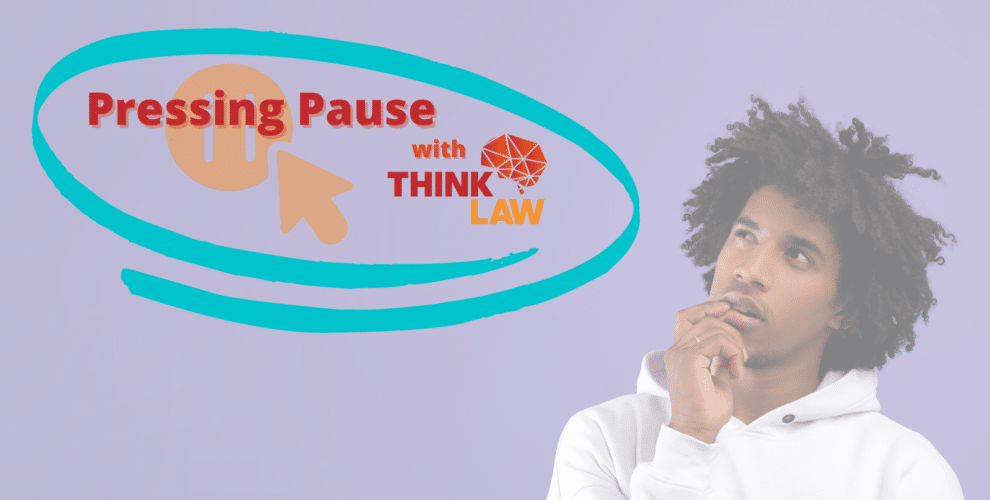
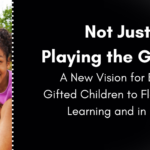
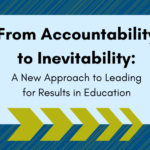
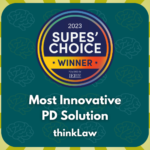
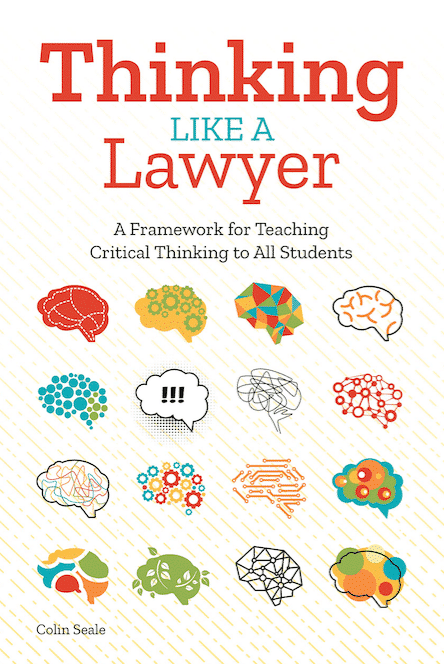

Leave a Reply